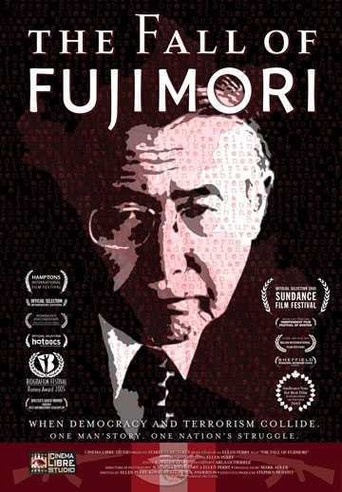A character-driven, political-thriller documentary that explores the volatile events that defined Alberto Fujimoris decade-long reign of Peru: His meteoric rise from son of poor Japanese immigrants to the presidency; his fateful relationship with the shadowy and Machiavellian Vladimiro Montesinos; his self-coup that dissolved overnight both Congress and the Judiciary.


Similar titles

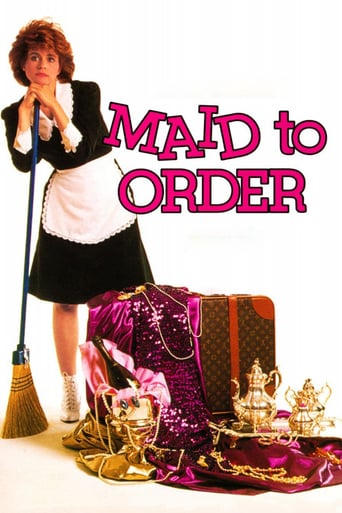
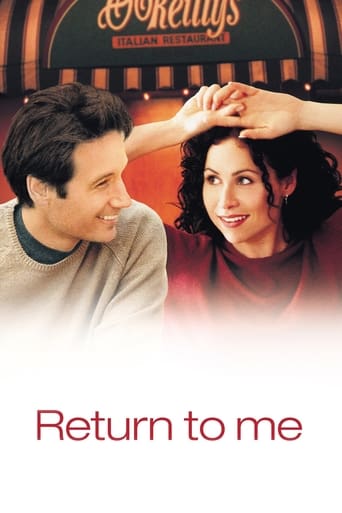
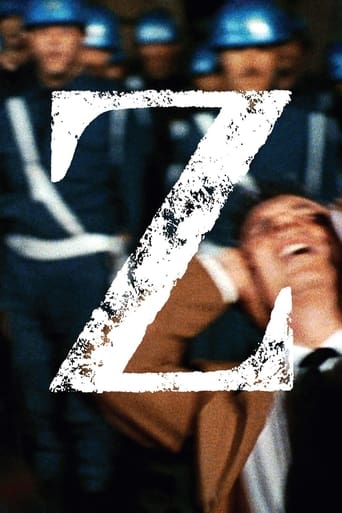

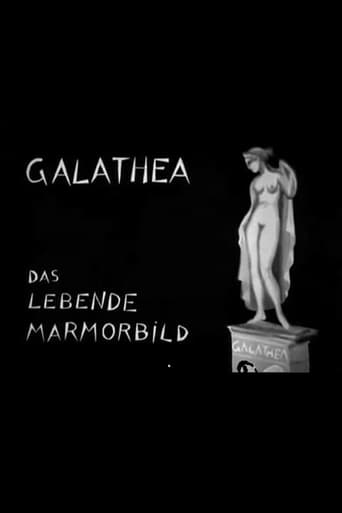
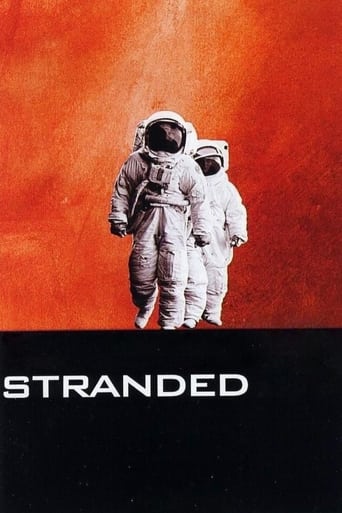

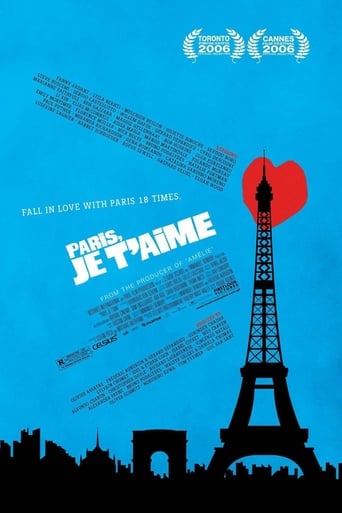

Reviews
"The Fall of Fujimori" is a very interesting documentary about a guy most folks here in the US know little about--though they should. Think about it....the child of Japanese immigrants to Peru becomes the president! And, for a time, he seemed like a great guy--someone who was actually able to eliminate most of the terrorism that had rocked the nation and restored the economy. During a 10 year period, one group, the Shining Path, killed an estimated 35,000 people! But, the bad news--to eliminate this threat he pretty much ignored human rights. In other words, to fight brutal people, he became more brutal. But he also had visions of becoming president for life--and, in the end, this led to his downfall. However, the film really doesn't quite get the whole picture since it was made in 2005. Since then, MUCH more has happened--including the man's arrest and trial for human rights abuses! Overall, the film seems like a reasonably fair depiction of the man--neither showing a far right or left bent in discussing the man. In addition, it helps that they show Fujimori himself and his family discussing him--though including an interview with his estranged ex-wife would have been very interesting if they could have included it. Well worth seeing.
The movie was a riveting account of the personal struggles of a man thrust into the daunting position of leading an entire country out of chaos that was Peru in the 1980's. Not only was it educational for me from a historical perspective, the director Ellen Perry did well to add a human dimension to the drama. The viewers were able to see how the dramatic and traumatic events of an entire nation and of ultimate responsibility personally affected Mr. Fujimori and his family.Ms. Perry did well to give the viewer the space to decide their own verdicts and make their own opinions. I could see why Japan reveres the exiled leader as a hero. I could see why he is hated by some. She balanced the factual documentary style with the energy of human drama to make the film well worth watching.For Ms. Perry to have a film of this magnitude under her belt at such a young age, speaks volumes about her abilities and gives everyone much to look forward to.
A friend and I went to see this movie. We have opposite opinions about Fujimori but after watching this movie we agree on the following: the easiest way to have an inaccurate documentary is to make it about a foreign country in which you were not present when the events happened, no matter how talented or how much you invest in the film. If you are truly looking to learn about another countries history, watch something made by natives of that country otherwise you won't be able step away from your bubble. And those who try to force their views and opinions about something to which they don't belong are really abusing their power. To make it even worse, the director chose to not talk about the embarrassing involvement of the CIA with Fujimori's regime. She decides to evade dealing with the only subject for witch her country has much to explain to Peruvians. But this is not surprising because, both, the director and the CIA are violating the sovereignty of Peru by trying to affect the democratic processes at very different levels of course.If the director was really interested in helping Peru she would have financed a native to make the documentary. In any case there are numerous Peruvian made documentaries, films and books about the subject. Such include "Ojos Que No Ven", "Dias de Santiago", "Montesinos-Fujimori: Las Dos Caras de la Misma Moneda", "Montesinos: Poderoso Caballero", etc. The director of the "Fall of Fujimori" should spend her time analyzing the numerous problems in her own country or at least the involvement of her country in the matters of other nations.
Not a balanced point of view. The director shouldn't express her opinion as truth. The movie has some criticism of Fujimori but it always gives him and his family the last words. So few critics of Fujimori were provided that it seems the only reason they were included was to be able to say the movie provides both views. But that is not the case.The movie barely shows one of the massacres that Fujimori is accused of. And it gives him credit for the masterminding the murdering of the MRTA insurgents that took the Japanese embassy. It is well documented that the CIA did the planning. There is even pictures of a well known CIA strategist on the site published by Caretas magazine and other newspapers.The fact that such well known information was not used by the director gives us a few possible conclusions: the director is pro-Fujimori and purposely and falsely chooses to give the credit to him; the director does not want viewers to note that the CIA and Fujimori worked together; or it was just out of ignorance since the director is not Peruvian and was not present in Peru at the time the events occurred.The explanation provided by other commentators, that Fujimori is still fairly popular in Peru, does not excuse the lack of accuracy and balanced explanations.Also, the statistics provided in the movie for the actual support of Fujimori were the highest I have ever heard of. Most statistics by major poll agencies are much lower.Another point to mention is that the intelligence that was key in the capture of the leader of Sendero and discover the secret network was done by a police force led by Ketin Vidal and he had complete autonomy from Fujimori and Montesinos.The first government of Fujimori did experience an improvement in overall economic trends (GDP) but this improvement was financed by the privatization of several national industries with contracts that were not beneficial for the country in the long term. Also, the gap between rich an poor continued to increase during Fujimori's regime. In his second term the economy was suffering and there was nothing else to privatize and by the end of Fujimori's second term the economy was about to collapse.In terms of investments in infrastructure of Fujimori's regime, they fallow the paternalistic pattern. They were created to raise support for Fujimori but were not meant to last long. These structures needed continued maintenance but Fujimori did not provide political power for the civilians in order to demand further investment. In fact, Fujimori's regime was able to destroy most forms of political organizing such as unions and grass-roots groups and the increase in informal unorganized labor was immense.Finally, the director chose to spend most of the movie talking to Fujimori instead of citing the cases of massive corruption in favour of Fujimori (the Media, Business Owners, the Military, etc) that were so wide spread it was impossible that Fujimori was not aware of it.
